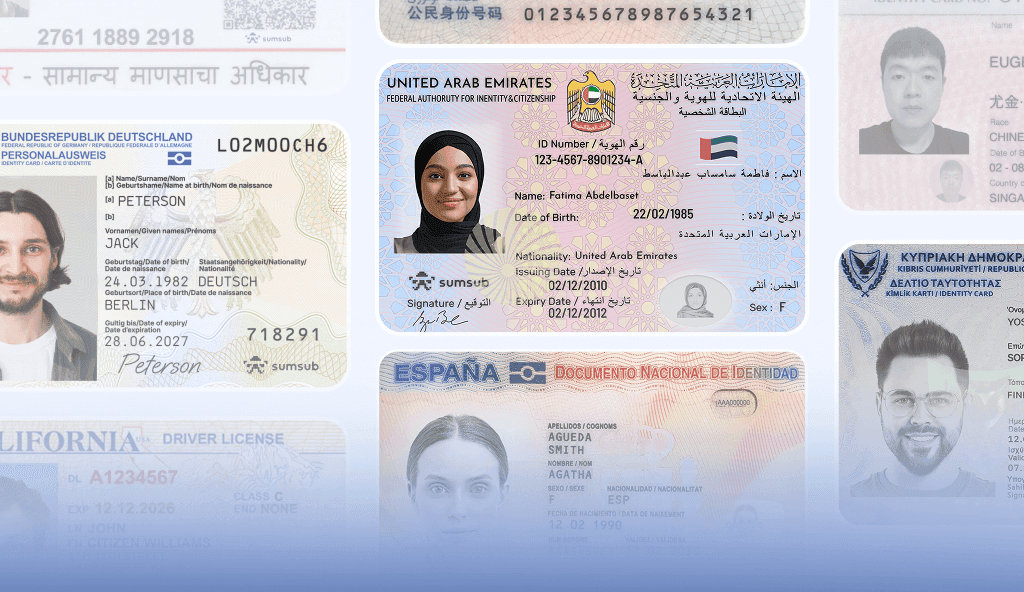- Feb 27, 2024
- 3 min read
Gaming Licenses and Regulations in Malta—All You Need to Know in 2024
Learn about Malta’s different types of gaming licenses, the application process, and regulatory requirements.
According to the Malta Gambling Authority (MGA) report, 56% of the country’s population participates in gambling activities. Meanwhile, Statista projects that the online gambling market in Malta will reach a revenue of $331.4 million in 2024. Revenue is expected to keep growing in the upcoming years, with an increased focus on online gambling attracting more customers both within the country and outside of it.
Why is Malta famous for gambling?
Malta is constantly updating its legal framework to make the gambling sector reputable and trustworthy. Since 2018, regulators have adapted to technological developments and changes in customer trends, leading to a sophisticated set of regulations—and gambling operators need to stay up to date with these ongoing legal developments.
What is Malta's gaming license?
All companies that wish to legally provide gaming services in Malta have to obtain a gaming license. This is prescribed by the Gaming Act, which came into force in 2018. The Act encompasses all types of gaming activities, including land-based and remote casinos, as well as games of chance.
All of the licenses are issued by the Malta Gaming Authority (MGA), the main gaming authority in the country overseeing land-based and remote gaming. The body monitors companies, provides approvals and certifications, and revokes licenses. The MGA also deals with the prevention and detection of criminal activities conducted in the gaming sector.
There’s no specific limitation on the types or amounts of licenses that can be issued. However, the National Lottery can only be conducted under ministerial authority, and such licenses are given for a temporary period.
Types of licenses
The MGA provides for the following activities:
- Games of chance with the random number generator
- Fixed-odds betting
- Peer-to-peer games (e.g., poker)
- Sports betting
In addition, the MGA provides a “Recognition Notice” to licensed entities from other EU/EEA Member States to carry on gaming services in Malta.
How much does a gambling license cost in Malta?
The application must be submitted through the MGA’s eServices portal. The decision usually takes between 12 and 16 weeks. If approved, companies can pay the necessary fees and receive a license. The fees include:
- An application fee, which varies between 25,000 and 500,000 euro
- A company registration fee
- A capital requirement cover, which varies between 40,000 and 240,000 euro
- An annual license fee, which costs 25,000 euro
- Corporate taxes
Before paying for the license, an operator must go through the application process, which covers:
- A fitness and properness check
- Technical areas
- Administrative areas
- Regulatory compatibility
Other requirements include:
- Opening an office in Malta
- Having at least one shareholder
- Having at least one director with Maltese residency
- Opening at least two banking accounts
- Employing relevant staff members, such as a compliance officer, internal auditor, and data protection officer
Regulatory requirements
After getting licensed, companies need to follow a set of regulations, obligating them to establish a proper set of Anti-Money Laundering (AML) procedures. Licensees must therefore obtain and verify the identity of a customer before permitting them to gamble. Required information includes, but is not limited to, the customer’s name, address, and date of birth.
Other regulatory requirements include:
- Appointing a Money Laundering Reporting Officer (MLRO)
- Staff training
- Risk assessment
- Screening for persons on sanctions lists, Politically Exposed Persons (PEPs) lists
- Transaction monitoring
- Ongoing monitoring of customer behavior
- Recordkeeping
- Reporting suspicious activity
Suspicious activity reports and records must be submitted to the MGA as well.
Ongoing compliance
The licenses are valid for 10 years after they’re m issued and can be renewed as long as the company continues to comply with regulations. During this period, the MGA can monitor the company, suspend or revoke the license, and enact penalties.
Penalties vary depending on the type of breach, ranging from 10,000 to 500,000 euros. The maximum penalty is five years of imprisonment.
FAQ
-
Are online casinos legal in Malta?
Yes, they are legal. The Malta Gaming Authority (MGA) is the regulatory body in charge of overseeing online casinos.
-
How do I get a gaming license in Malta?
Companies must submit an application to the MGA eService platform, gaining approval in the following areas:
- Fitness and properness
- Technical
- Administrative
- Regulatory
-
How long does it take to get a Malta gaming license?
It takes between 12 and 16 weeks to get a gaming license in Malta.
Relevant articles
- Article
- Today
- 11 min read
Arbitrage in Sports Betting & Gambling in 2026. Learn how iGaming businesses detect arbers using KYC & fraud prevention tools.

- Article
- 3 weeks ago
- 28 min read
Dive into the world of fraud with the ‘What The Fraud?’ podcast! 🚀 In this episode, Tom is joined by Alex Wood, a counter-fraud expert and member of…

What is Sumsub anyway?
Not everyone loves compliance—but we do. Sumsub helps businesses verify users, prevent fraud, and meet regulatory requirements anywhere in the world, without compromises. From neobanks to mobility apps, we make sure honest users get in, and bad actors stay out.


